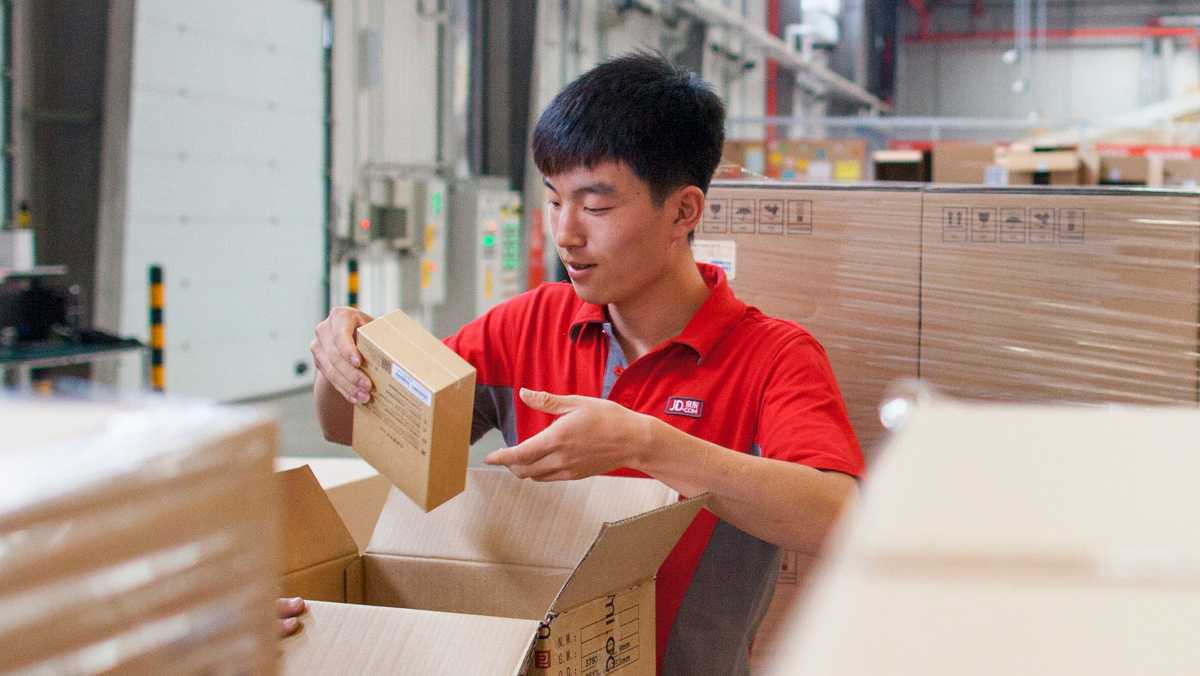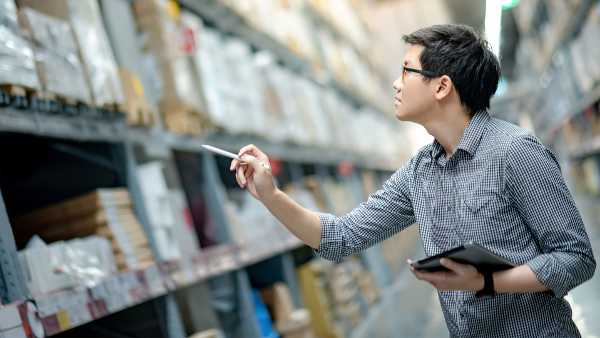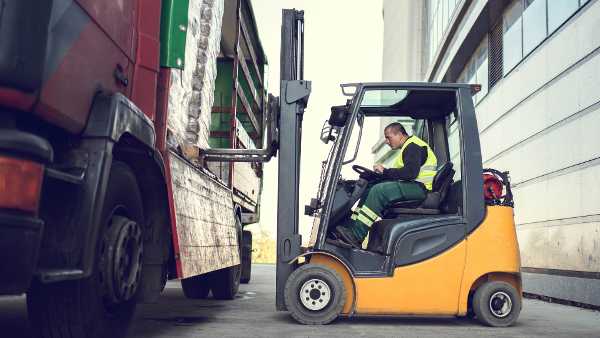How to calculate import duties when importing from China

- Sandra Visser-Meijer
- How to
- Edited 27 November 2025
- 3 min
- Managing and growing
- International
When importing products from China, you usually pay import duties. You calculate import duties using your product's TARIC code. In addition to import duties, you pay import VAT as an importer. Sometimes you also pay excise duty. This article explains how to calculate import duties. You will find an explanation with an example calculation.
Calculating import duty is often difficult. You can calculate import duties using your product's TARIC code. The amount of import duty also depends on the value of the shipment. You use this information when clearing goods through the Customs Administration of the Netherlands.
Common Customs Tariff
The EU has a common customs for import duties on products imported from non-EU countries. This means that all member states levy the same import duty rate on products imported from China. If you import T-shirts from China into the Netherlands, you have pay 12% in import duties. You pay the same rate if you import the T-shirts into Germany or another EU member state.
Find the correct TARIC code
You need a so-called TARIC code to calculate import duties. This commodity import code is based on a product’s HS code. The full list of products, their TARIC codes and EU import duties can be found in the Tariff of the Customs Administration of the Netherlands and in the European Commission’s database.
Finding the correct commodity code can be tricky. When in doubt, call the Customs Information . Customs brokers may also be able to help find the right commodity code for your product.
Video: Want to know the rules when importing? Use Access2Markets
Calculate Dutch import duties
If your import shipment from China falls under the €150 threshold (in Dutch), you are exempt from import duties in the Netherlands. This €150 threshold is exclusive of transportation and insurance costs. The exemption does not apply to alcoholic products, perfume, eau de toilette, tobacco, and tobacco products.
Please note: in 2026, the €150 threshold will be . You will then pay import duties on every shipment. It is not yet known when the regulation will come into effect.
Import duties are calculated on the customs value of your goods. The customs value is the price paid for the goods by the importer plus the transport and insurance costs up to the port of entry into the EU.
| Example: importing goods into the Netherlands | € |
|---|---|
| Price for 1 pallet of T-shirts from China | 5,000 |
| Transportation and insurance costs from China to Rotterdam | 1,000 |
| Customs value | 6,000 |
| Payable import duty = 12% of customs value | 720 |
Quantity over value
For certain products, the import duties to be paid are based on the quantity of goods rather than the value. If you import wine into the Netherlands or any other EU member state, for example, you pay a fee per imported hectolitre as import duty. The amount varies by type of wine and alcohol by (in Dutch).
Excise duty
In addition to import duties, you pay excise when you import excise goods such as beer or wine, spirits, or tobacco products into the Netherlands. Importers of mineral water, soft drinks, and fruit and vegetable juices have to pay consumption . Both excise and consumption taxes vary from one EU country to the next.
Import VAT in the Netherlands
If you import products from China into the Netherlands, you pay Dutch import VAT on the customs value plus the import duties due. In the example above, you would pay 21% import VAT on an amount of €6,720. This works out as €1,411.20.
If you are allowed to deduct VAT in the Netherlands, you may deduct the VAT paid as input tax in your VAT return. If you regularly import products, Dutch customs may issue you an Article 23 (in Dutch). This permit exempts you from having to pay import VAT. Instead, you can report the import VAT in your VAT return. This will benefit your liquidity.
Different EU countries have different import VAT rates. What VAT rate you pay depends on whether you are importing T-shirts into the Netherlands, Germany, or another EU member .
Clearance charges
Apart from import duties and import VAT, you pay clearance charges when importing from China. These include costs for making the import declaration, for example. You also pay for handling charges at the terminals, or Terminal Handling Charges (THC). A customs or logistics service provider can help you clear your import shipment with the Customs Administration. Any costs they incur for this, they pass on to you.


